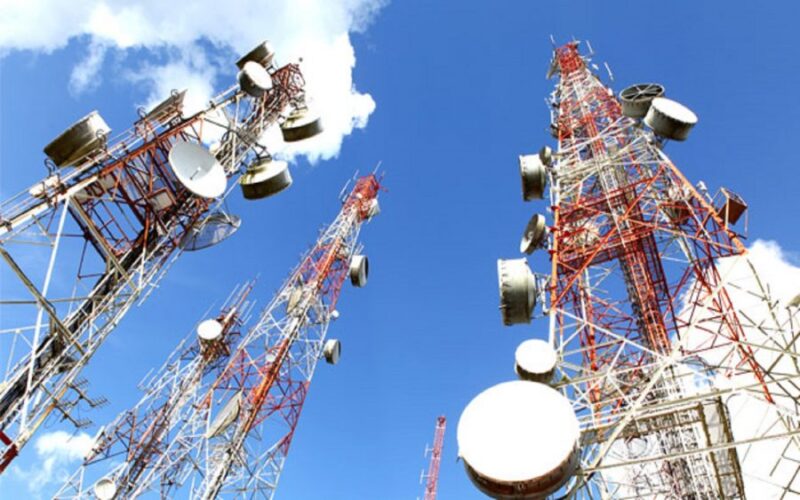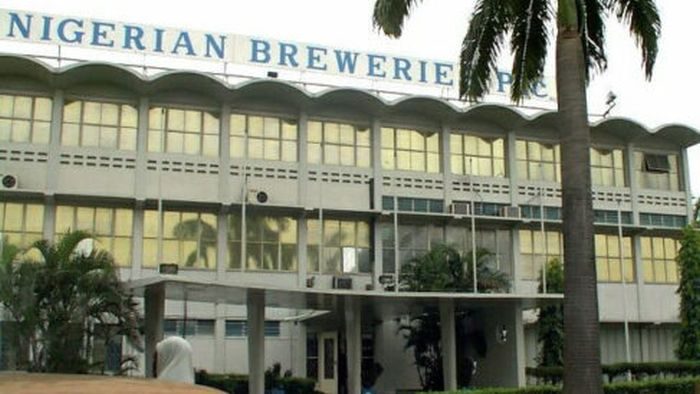West African telecom regulators are pushing for green initiatives, advocating for renewable energy adoption and sustainability in network operations
[dropcap]T[/dropcap]elecommunications regulators across West Africa are increasingly advocating for the integration of green initiatives into the sector, with a focus on renewable energy adoption to promote sustainability.
Also read: Telecom operators call for urgent tariff review to sustain industry
This call for change was emphasised by Amara Brewah, the Chairman of the West Africa Telecommunications Regulators Assembly and Director-General of Sierra Leone’s National Communications Authority, during the Mobile World Congress in Barcelona, Spain.
Brewah’s remarks, made during his speech titled ‘Green Telecommunications—Policies and Practices for More Sustainability’, highlighted the importance of incorporating environmentally sustainable practices within the telecommunications sector.
He noted that green telecommunications is crucial in reducing energy consumption, lowering carbon emissions, and minimising resource use across network operations, infrastructure, and supply chains.
“The future of telecommunications must be both inclusive and sustainable,” Brewah stated, echoing the sentiments of many within the industry who are beginning to recognise the sector’s impact on the environment.
He further emphasised that West Africa holds a unique opportunity to lead in this area, advocating for the promotion of energy efficiency, solar-powered infrastructure, and robust policies for managing electronic waste.
As the telecom sector continues to grow in West Africa, it provides substantial opportunities in commerce, education, healthcare, and governance.
However, Brewah warned of the environmental consequences tied to this expansion, particularly the rising energy consumption and increased electronic waste that accompany the sector’s growth.
He urged regulators to adopt energy-efficient infrastructure and integrate renewable energy into network operations.
One key aspect of Brewah’s speech was his call for harmonised environmental standards across the region.
He proposed creating an investment-friendly regulatory environment by setting carbon reduction targets, offering sustainability incentives, and ensuring transparency in the measurement of the sector’s environmental impact.
Additionally, Brewah suggested that public-private partnerships would be essential in driving innovation, particularly in the area of clean energy solutions tailored to telecom operations.
Already, some telecom operators in the region are making strides toward sustainability. Airtel, for instance, has begun investing in solar power and lithium-ion batteries, which are set to significantly reduce the company’s reliance on diesel.
With current diesel consumption amounting to 22 million litres per month, this move is part of Airtel’s broader efforts to curb its environmental footprint.
Similarly, Nigeria’s largest telecom operator, MTN, is also embarking on similar initiatives to transition towards cleaner energy.
Umar Danbatta, the Executive Vice Chairman of the Nigerian Communications Commission, also addressed the environmental challenges facing the sector.
He noted that Nigeria’s 54,000 base transceiver stations are heavily reliant on diesel generators, many of which run 24/7.
He highlighted the significant environmental pollution caused by these diesel-powered stations and stressed the importance of transitioning to renewable energy sources such as solar power to mitigate this impact.
This shift towards green telecommunications aligns with global trends. In Europe, countries like Spain, Italy, France, and the UK are phasing out legacy copper networks and replacing them with more energy-efficient fibre technologies, further solidifying the global push for a more sustainable telecommunications industry.
As the telecom industry in West Africa continues to grow, embracing green initiatives is not only crucial for environmental sustainability but also for ensuring the long-term resilience and success of the sector.
Also read: Lagos Government pledges commitment to sustainability, education reforms
By integrating renewable energy solutions and adopting energy-efficient technologies, West African nations can lead the way in transforming the telecommunications landscape while reducing its ecological footprint.





























